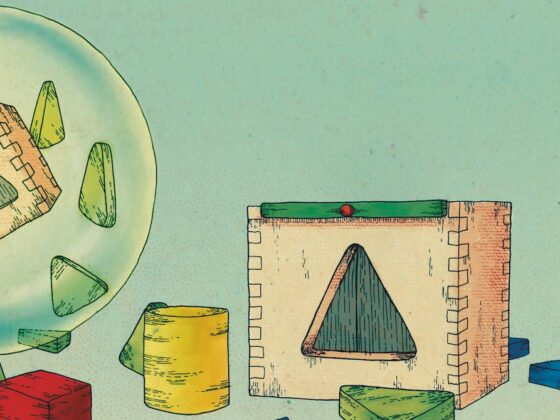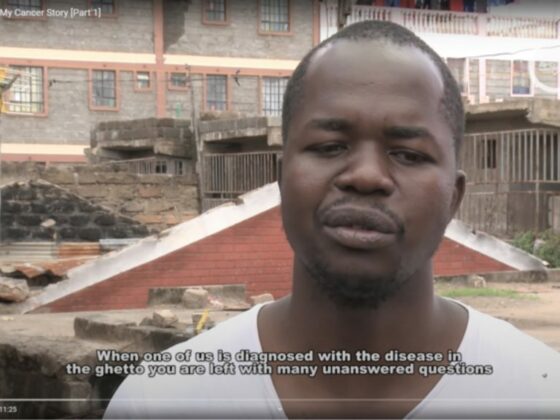 “Burnout is universal and no one is immune. We are all in this together and together we can come up with solutions”. Tara Sanft, Associate Professor of Medicine at the Yale School of Medicine, New Haven (U.S.A.), came to these conclusions in a poster discussion during the (virtual) annual meeting of the American Society of Clinical Oncology (ASCO; 29-31 May 2020).
“Burnout is universal and no one is immune. We are all in this together and together we can come up with solutions”. Tara Sanft, Associate Professor of Medicine at the Yale School of Medicine, New Haven (U.S.A.), came to these conclusions in a poster discussion during the (virtual) annual meeting of the American Society of Clinical Oncology (ASCO; 29-31 May 2020).
Although burnout in the medical field is traditionally referred to American physicians, it is now crystal clear that the problem has spread around the world, leaving no country or speciality behind. It is an occupational syndrome defined by emotional exhaustion, depersonalization, and a lack of personal accomplishment and caused by many different factors like an overabundance of bureaucratic tasks, spending too many hours at work, and a lack of respect from colleagues in the workplace. “Satisfaction with work-life balance is lower in US oncologists. And this burnout leads to increased turnover, reduced work hours, and early retirement. Burnout has been linked with increased medical errors and directly impacts the patient experience” Sanft explained.
Different settings, similar results
Burnout prevalence is increasing, as documented in a poster by Eric Tetzlaff, Fox Chase Cancer Center, Philadelphia (USA) and colleagues about a survey conducted through the Association of Physician Assistants in Oncology in 2015 and 2019. The comparison between the two showed a significant increase in burnout amongst physicians’ assistants in recent years, regardless of the number of patients seen per week. “The takeaway from this abstract shows us that physician assistants are just as burned out as we are, which is alarming” Sanft commented.
The situation in Russia has been described in a poster by Tatiana Semiglazova, Cancer Research Center, St. Petersburg (Russian Federation), and colleagues. Looking at a survey from members of the Russian Society of Clinical Oncology on 389 Russian oncologists they found that almost 72% of respondents reported burnout, with higher percentages women than in men, in the very beginning of the medical profession (first five years of practice) and with 15 years or greater of practice. “More work needs to be done to understand the unique challenges of this region” Sanft said.
The importance of focus attention on youngest emerged from a poster presented by Elena Élez, Vall d’Hebron University Hospital, Vall d’Hebron Institute of Oncology (VHIO), Barcelona (Spain) and colleagues, looking at burnout in young oncologists through a survey of trainees and junior faculty in Spain. Among the 243 respondents, the burnout rate was 25% with a higher prevalence in medical residents and the highest in the second year of training. “This underscores the fact that we must take care of trainees throughout the spectrum, and interventions should start at the beginning. Trainees need ample time to experience work-life balance” Sanft concluded.
Searching for solutions
As reminded during the poster discussion, it’s not all about “survival of the fittest”. “What Charles Darwin actually said was: for those communities which included the greatest number of the most sympathetic members would flourish the best” Sanft said. “If we want to flourish as an oncology community, we need to incorporate compassion in everything that we do” she added, identifying compassion as one of the key elements to better cope with burnout. In fact, compassion is good for the health system, increasing hospital ratings when present. Moreover, There’s an inverse association with compassion and burnout in trainees and practising physicians and self-compassion help to reduce burnout. “Compassion is empathy in action” Sanft stated, asking for a new daily routine at work, full of empathy and compassionate actions.
But compassion is just the beginning of the story. Several interventions can reduce burnout and/or increase resilience in oncologists, as reported during the ASCO meeting. In a poster, Sherise C. Rogers, Ohio State University Comprehensive Cancer Center, Columbus (USA) used storytelling to promote connections and to provide an outlet to discuss sensitive topics such as burnout. “A lecture series that invites multidisciplinary cancer physicians and surgeons to discuss personal career and life challenges can be beneficial to addressing burnout, decreasing isolation and improving connection and community at a large academic cancer centre” she concluded.












